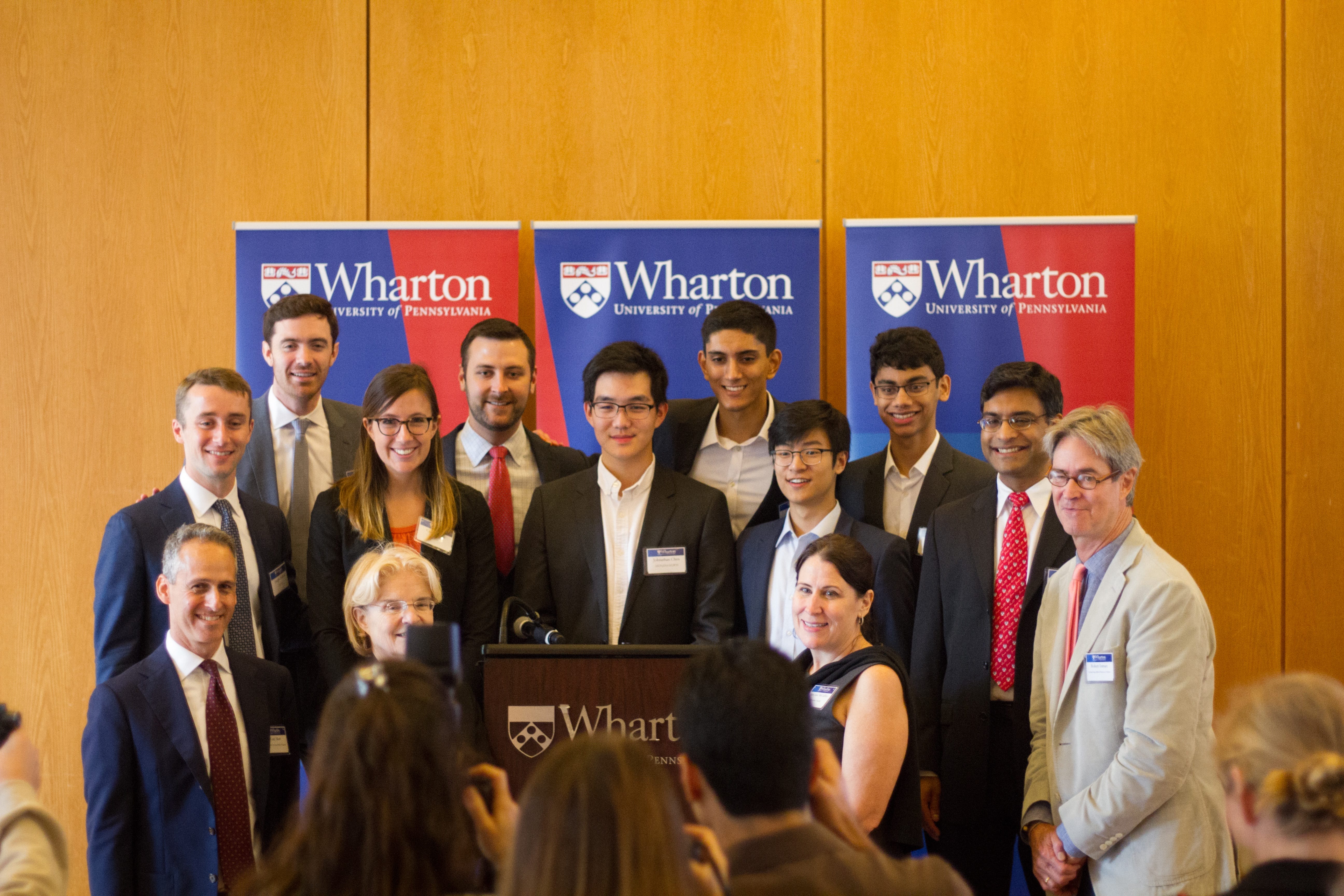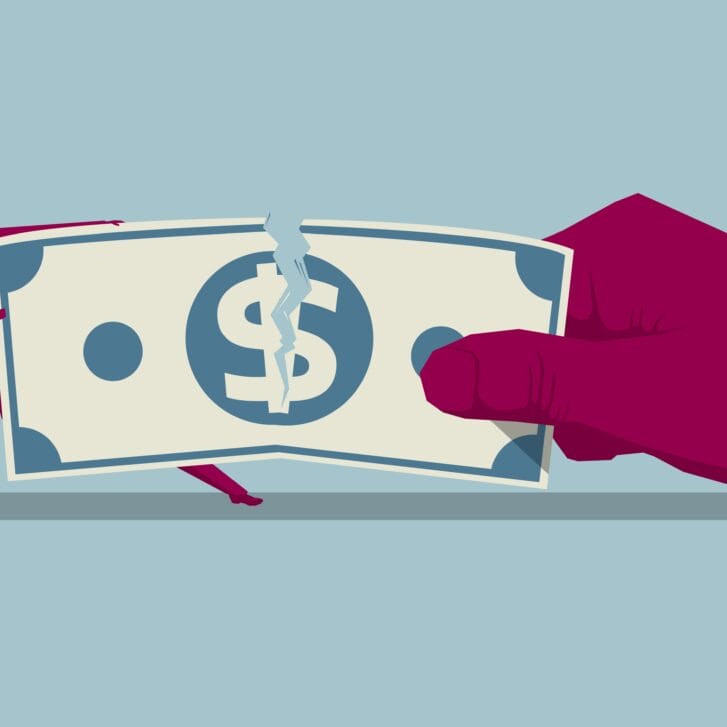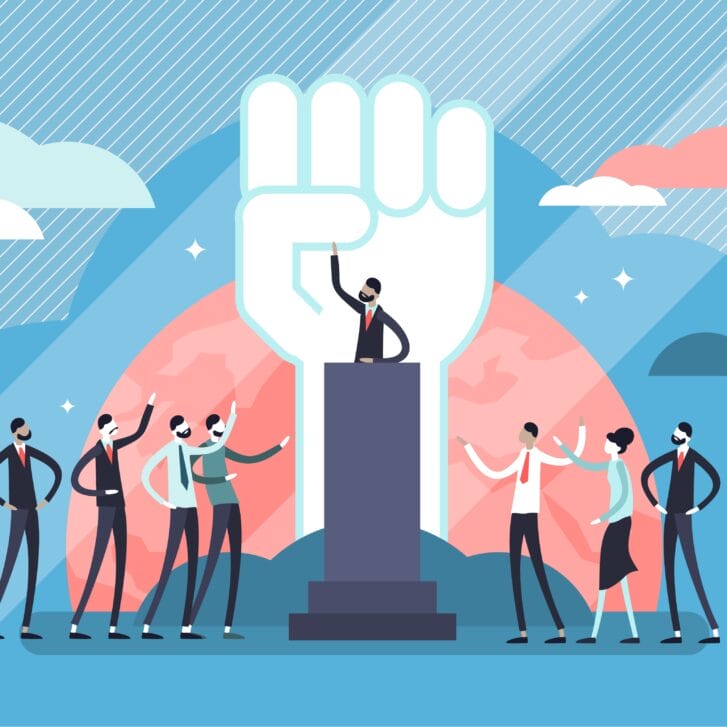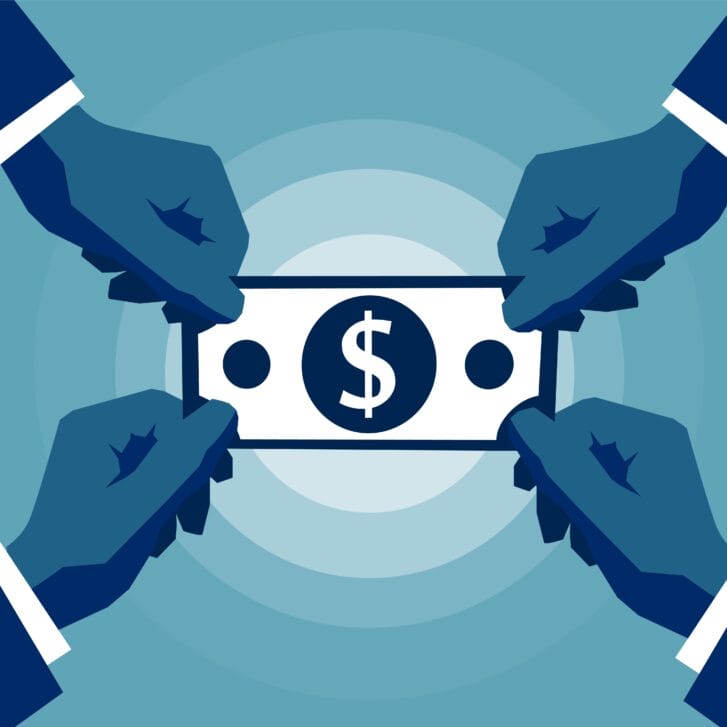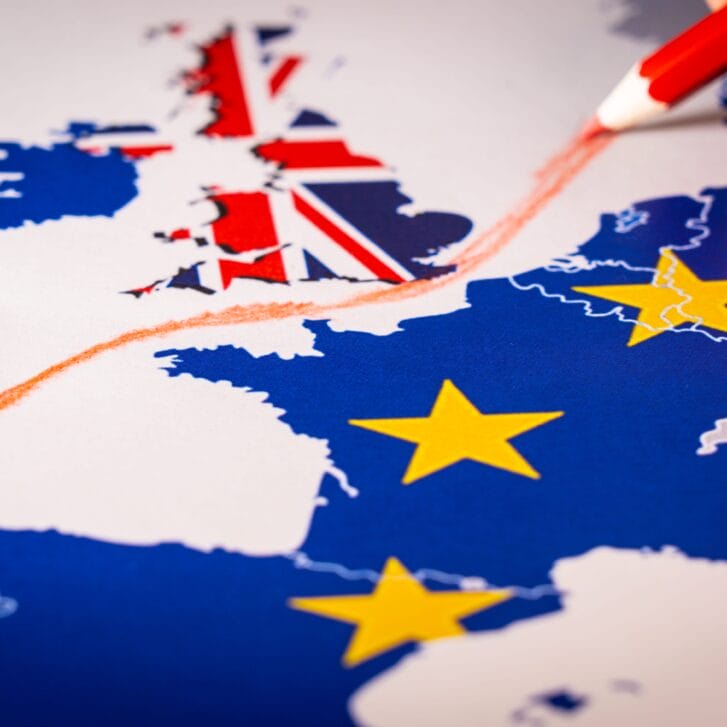The city of Philadelphia is looking to woo Amazon, and for Wharton students, it’s the perfect opportunity to practice their sales pitch.
On September 7, Amazon announced it is seeking a location for a second $5 billion headquarters, where it will create 50,000 fulltime, high-paying jobs. In a memo, the ecommerce giant stated its preference for “business-friendly” cities with populations greater than one million and the ability to “attract and retain strong technical talent” and asked state and local officials across North America to submit applications detailing what their cities have to offer.
In anticipation of the October 19 application deadline, Wharton faculty and students partnered with the city of Philadelphia to create two complementary pitch competitions to help inform the city’s proposal. Conceived by the Wharton Communication Program, the Wharton Amazon Writing Competition tasked students with writing a persuasive memo on why Philadelphia would be the best fit for Amazon’s new headquarters. A team of distinguished journalists, including three Pulitzer Prize winners, chose the seven undergraduate and five MBA finalists, and Philadelphia’s Department of Commerce decided the winners: Brian Simel WG18 and Shehryar Khursheed W21, who Mayor Kenney honored at the city’s proposal submission party at the Barnes Foundation.
The second contest, the Amazon HQ2 to Philly Case Competition, challenged students to “integrate business, tech, and policy” to propose fresh ideas for how Philadelphia might be able to lure the retail conglomerate. Co-organized by student groups The Sign.al (an undergraduate publication that seeks to expose students to diverse career paths) and the Marketing Undergraduate Student Establishment (MUSE) club, the case competition was the brainchild of former Amazon intern Laura Gao W18. When the city of Philadelphia reached out to Wharton seeking help with its proposal, Gao says Wharton connected them with her.
“They wanted to get an insider feel for what they should do to optimize the proposal,” she says. “So after I gave them some advice, I was like, hey, there are a lot of really smart people here at Penn who could help out with this.”
Gao asked city officials what problem areas they needed help with, and these problem areas became the basis for the case competition’s four subtopics: financial and tax incentives; strategic tech partnerships; talent-based and employee life incentives; and legal incentives.
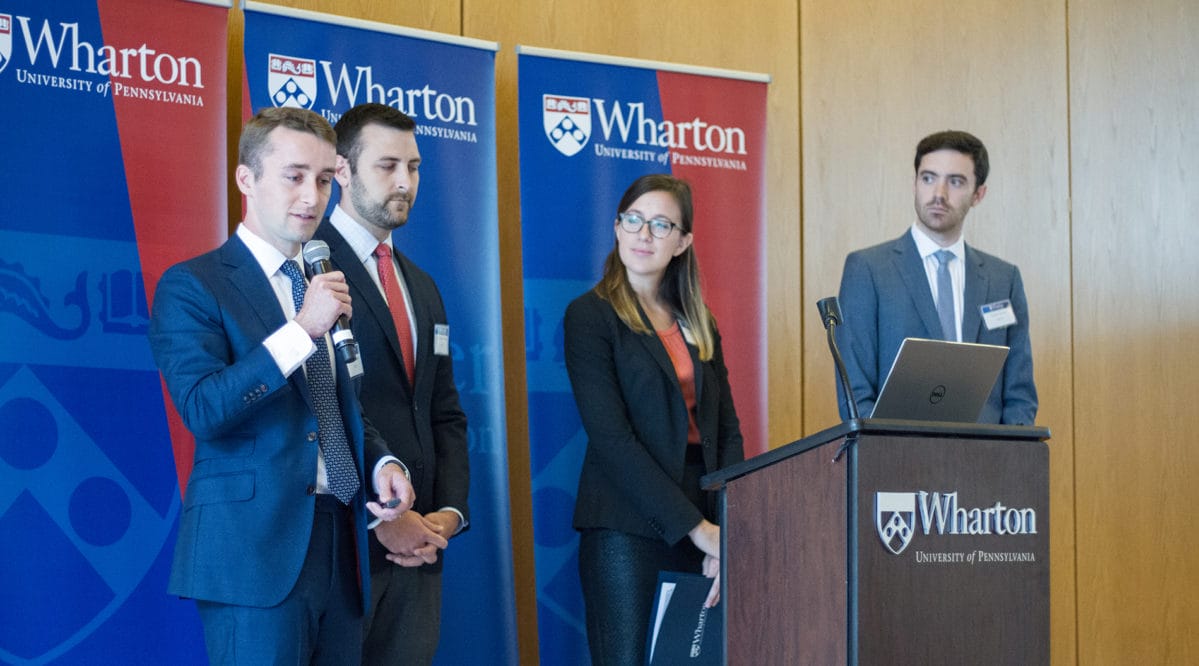
Team Wharton Prime presenting their pitch. From left to right: Joe Ammon WG19, Chris Fletcher WG19, Katie Miller L19 WG19, and Gavin Yerxa WG19.
In all, 24 teams entered the competition and four—one from each subtopic—met on October 13 in Vance Hall’s Hoover Lounge to participate in the competition’s final round and present their pitches to Wharton faculty and students, city officials, and Philadelphia Mayor James Kenney. “We are in it to win it, no doubt,” said Mayor Kenney. “But in the event that we don’t… this effort will be a template for our ability to attract other companies, as big as Amazon and mid-sized and small, because everyone understands and is starting now to recognize the value of this city.”
Teams Wharton Prime, Delphi, Meseeks, and Philly Cheesesteaks each had seven minutes to present their pitches, along with two minutes to answer questions posed by the panel of faculty judges. In the end, not one, but two teams came out of the competition on top: Team Wharton Prime, whose pitch consisted of a $12.5 to $15 billion tax credit, a 99-year ground lease at free or reduced rent, and a designated “Amazon happiness officer” to serve as a point of contact within the mayor’s office; and Team Delphi, who proposed that Amazon partner with Comcast and use the infrastructure it already has in place to make Philadelphia the world’s first “smart city” and collect data about its customers.
Associate management professor and Mack Institute for Innovation Management executive director Saikat Chaudhuri, one of the judges, stressed that while Wharton Prime and Delphi had put together the strongest pitches, all four teams would need to collaborate in order to form a comprehensive application.
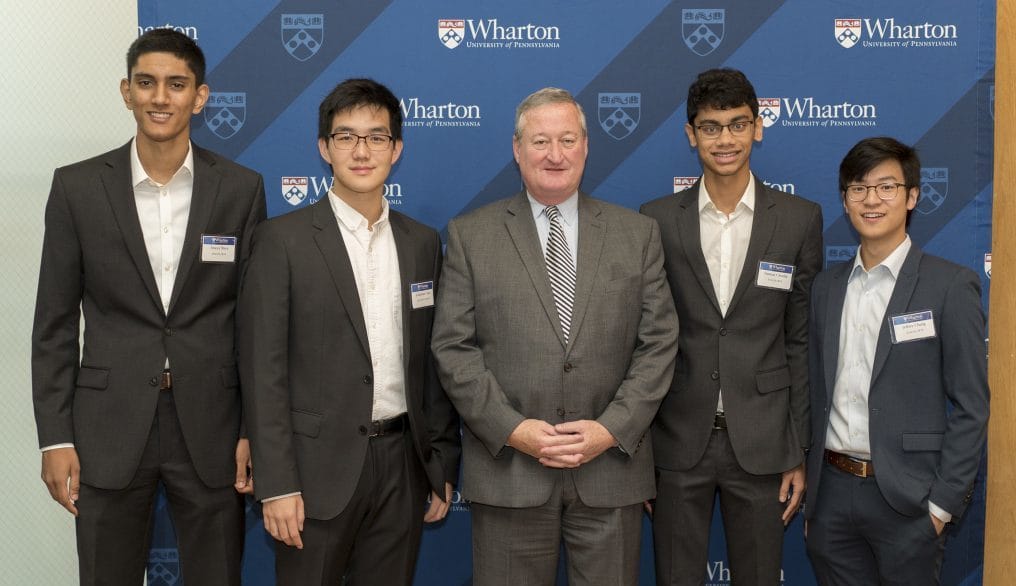
Team Delphi poses with Mayor Kenney. Left to right: Ameya Shiva W19 E19, Johnathan Chen EE19 W19 E19, Mayor Kenney, Tanmay Chordia W19 E19, and Jeffrey Cheng W19 E19.
Philadelphia’s final pitch to Amazon revolved around three potential development sites—The Navy Yard, Schuylkill Yards, and uCity Square—and touted many of the aspects of the city Wharton students highlighted in their presentations: its educated workforce and talent pipeline, its low cost of living and convenient travel options, and its growing tech sector. The proposal even quoted Khursheed’s memo: “If Amazon is looking for thinkers, doers, and revolutionaries; if Amazon is looking to change the status quo, to push the boundaries on knowledge, to ripen the environment for change; if Amazon is looking for a testament to the past and a plan for the future, its next stop should be Philly.”
While Amazon does not plan to make a decision until next year, students and faculty are already beginning to imagine what luring the e-commerce company would mean for the city of Philadelphia and the Wharton School.
“More and more of our students are moving into job placements in the tech sector,” says Undergraduate Vice Dean and Director Lori Rosenkopf. “Having a company like Amazon in our backyard, joining the growing set of tech companies in Philadelphia, really creates all the more impetus for students to move into those sorts of careers, stay in Philly, and contribute to our burgeoning economy.”
“I think it would fundamentally change the face of the city,” says Wharton Prime’s Joe Ammon WG19. “It’s more than just a financial impact. It’s life and culture, and I think it would be a boon to the city in so many different facets than just dollars.”
“This is arguably the coolest company in the world,” says Johnathan Chen EE19 ENG19 W19 of Team Delphi. “To have them in our backyard—who doesn’t want that?”




















